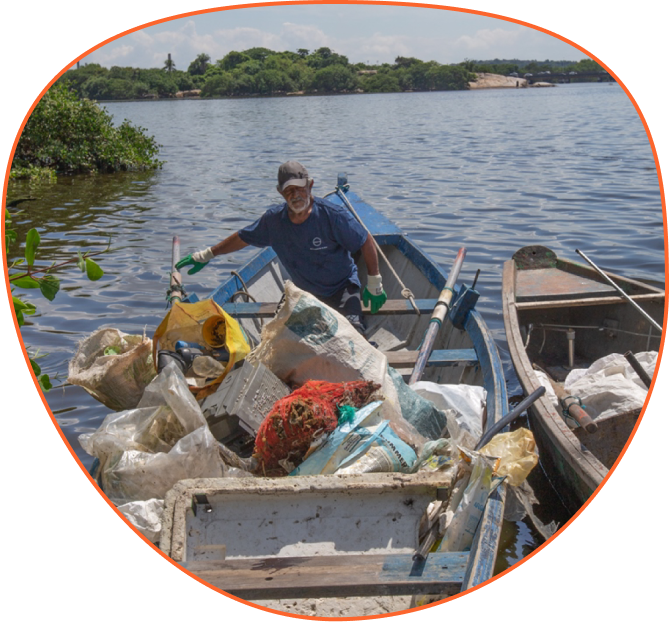Notizie

28 gen 2022
HOW USEFUL ARE 3D PRINTING TECHNOLOGIES IN SAVING LIVES
3D printing technologies in hospitals are a key tool for easing time and financial pressures on hospitals. This is the subject of the study undertaken by Dr Atanu Chaudhuri, associate professor in technology and operations management at Durham University Business School, alongside colleagues at ORT Braude College of Engineering in Israel, and the University of Southern Denmark. It is all reported on the medicalplasticsnews website. Dr Chaudhuri's study reveals that introducing such technology into hospitals could help alleviate many of the strains the UK healthcare system and healthcare systems worldwide face in the following four key ways.
BOOSTING SURGERY SUCCESS RATES
"The research reveals that 3D printing makes it possible for surgical teams to print 3D models based on an individual patient's surgical needs, providing more detailed and exact information for the surgeon to plan and practice the surgery, minimising the risk of error or unexpected complications. Dr Chaudhuri's study also uncovered evidence to show that the use of 3D printed anatomical models was also useful when communicating the details of the surgery to the patient, helping to increase their confidence in the procedure," reports the website.
SPEEDING UP PATIENT RECOVERY TIME
The research showed that hospitals which provided surgical teams with the ability to produce 3D printed anatomical models, surgical tools and implants saw a significant reduction in post surgery complications, patient recovery times and the need for subsequent hospital appointments or treatments. This, according to Dr Chaudhuri, is because 3D printed implants can be designed to be a perfect fit for each patient, helping the body to accept them quicker and without complications. As a result, costs are reduced for both the hospital and patient.
SPEEDING UP PROCEDURES
3D printing technology could also provide surgeons with custom-built tools for each procedure. Research shows that surgeries with durations of four to eight hours were reduced by 1.5–2.5 hours when patient specific instruments were used, meaning hospitals could potentially schedule a greater number of surgeries each day, cutting hospital waiting lists. An additional benefit is that such customisation could also make surgeries less invasive and result in less associated risks for the patient.
REAL-LIFE TRAINING OPPORTUNITIES
Last but not least, the technology enables trainee surgeons to familiarise themselves with the steps to take in complex surgeries by practicing their skills on models that accurately replicate real patient problems, and with greater variety.
Numero visualizzazioni:435
Articoli che potrebbero interessarti

01 lug 2025
«TUTTO CIÒ CHE ENTRA DAI NOSTRI CANCELLI RIMANE DENTRO», L’IMPIANTO DI RICICLO AVVENIRISTICO CHE ELIMINA GLI SCARTI
In primo piano
VENDI ANCHE TU ONLINE
Con PlasticFinder l'inserzione è anonima, gratuita e vieni pagato in anticipo per i prodotti venduti.


